Cardamom is an unique fruit of an unusual perennial herb. This tropical plant from the popular Ginger family often reaches a height of four meters. It has a long root with lance-shaped leaves and its beautiful flowers are white.
Its leaves are spear-shaped and have a pale green hue. The fruit of the plant is represented by a small three-chambered box covered with green tough skin. The spice has a sweet taste and a strong spicy aroma.
The beneficial properties of cardamom
The chemical composition of the seeds of the plant includes many useful components. Cardamom boasts its high content of essential and fatty oils, protein, starch, cineol terpeneol, terpinyl acetate, rubber, starch, iron, phosphorus, zinc, calcium, magnesium and B vitamins. Thanks of this combination of minerals, the plant has tonic, carminative, stomachic, antiseptic and anti-inflammatory properties.
In interaction with the human organism, the plant promotes the stimulation of the work of nerve cells, strengthens the stomach, enhances the synthesis of gastric juice and relieves tension.
Cardamom is necessary for the quick removal of serious depressive conditions. This incomparable spice has a positive effect on the functioning of the brain. Various medicines containing cardamom are indicated for the treatment of colds, asthma, bronchitis, nephritis, cystitis, pharyngitis and all kinds of skin diseases.
Cardamom has a special taste of lemon, camphor and eucalyptus and its regular use perfectly freshens the breath by neutralizing pathogenic flora in the mouth. Long-term use of the plant normalizes the digestive process. It has long been used for severe toothache. It has been proven that it has a beneficial effect not only on vision and male potency, but also amazingly increases the tone of the body.
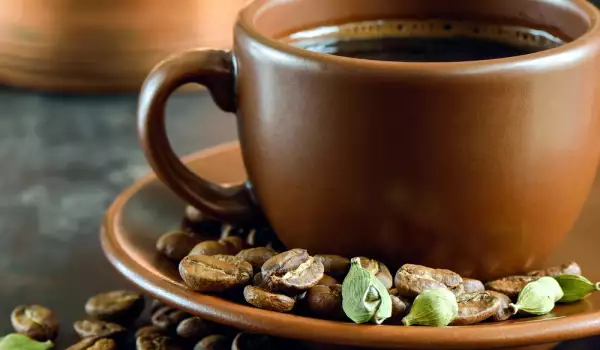
The various agents contained in the plant help eliminate involuntary urination and improve mood.
Cardamom Tea
To prepare the miraculous tea, you need to carefully mix 20 g of cardamom with 20 g of cumin and a pinch of dill. The resulting mixture is poured with a glass of boiling water, after 20 minutes strain the tea and drink it during the day, no more than 150 g per day.
Its tea is indispensable for flatulence and improves appetite. In addition, it is prescribed to patients in the case of dangerous Remheld syndrome, which is expressed in serious cardiovascular changes.
No particular contraindications have been found for the use of this plant.
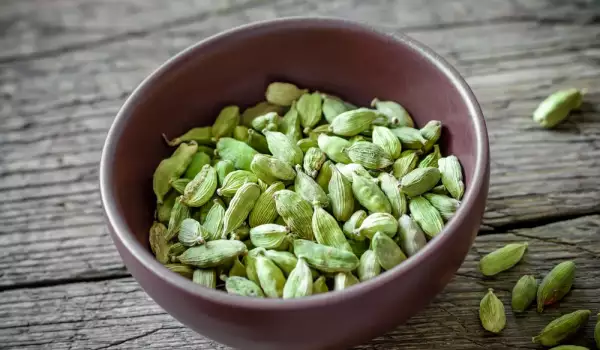
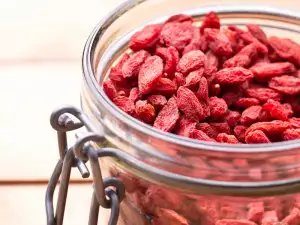
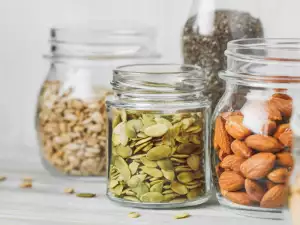

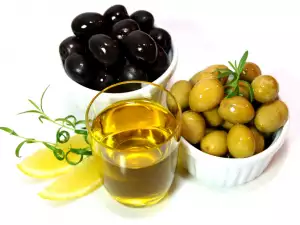


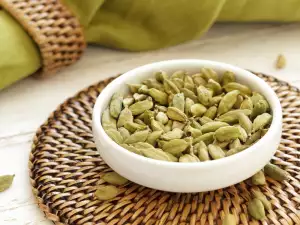
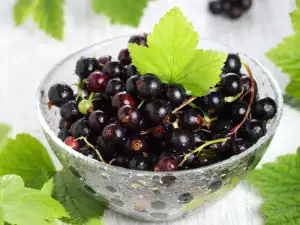
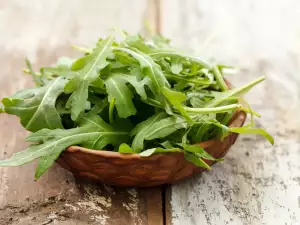

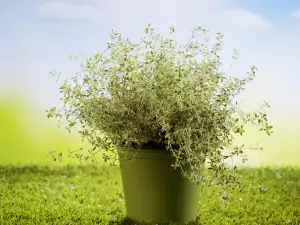
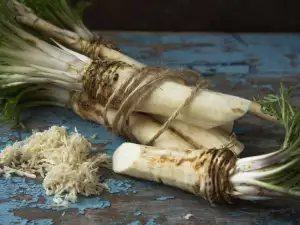
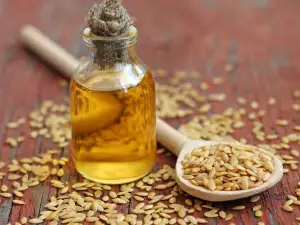
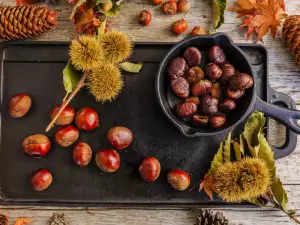
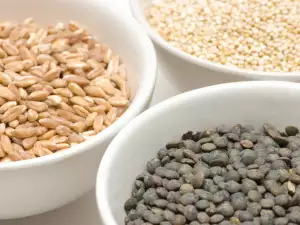




Comments